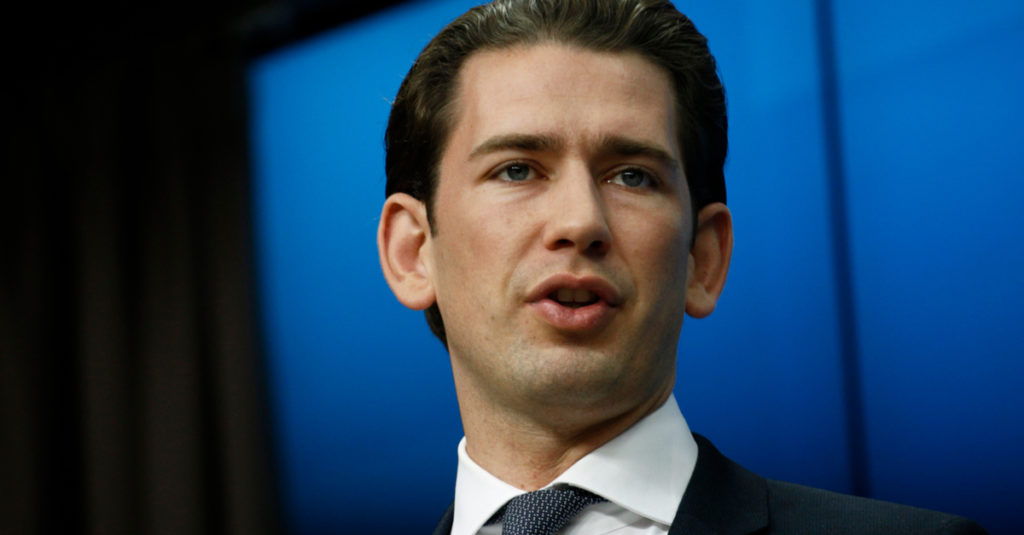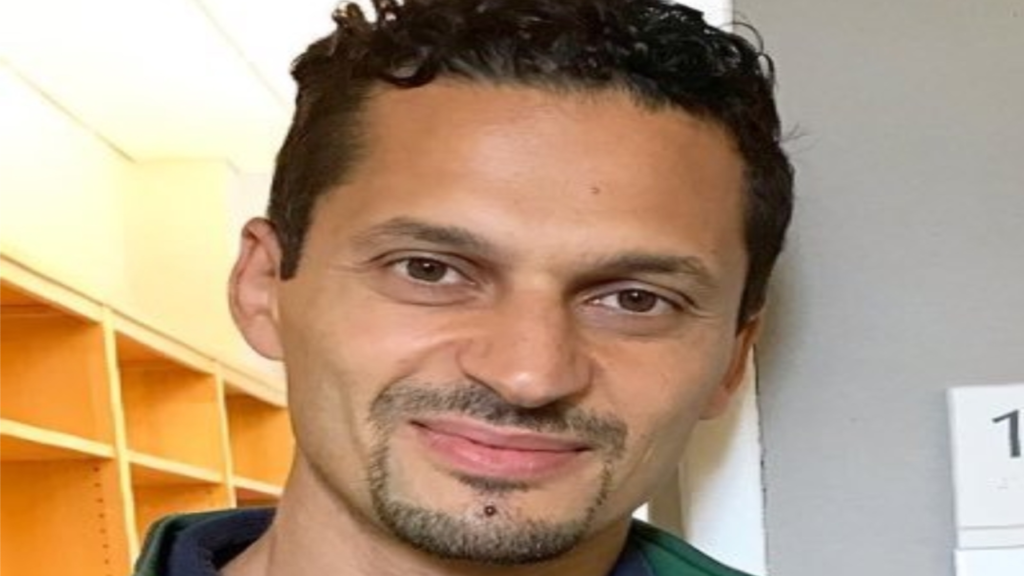Four years ago the Austrian authorities launched Operation Luxor, representing a turning point in the nation’s systemic repression of its Muslim community.
On November 9, 2020, Austrian authorities executed the largest peacetime police raids since World War 2. At dawn, over 70 Muslim households were raided by nearly 1,000 law enforcement officers.
Despite no arrests being made, the police confiscated money, personal assets and even children’s devices. Survivors of Operation Luxor endured significant emotional, financial, and physical damage, with accounts revealing a terrifying atmosphere of state intimidation, even targeting children.
Operation Luxor was part of a broader political agenda driven by the Austrian government, particularly by the ÖVP (Austrian People’s Party).
It was reported as the largest police raid in Austria post-World War II, involving around 940 police officers and targeting nearly 70 homes, organisations, and individuals in a coordinated, early morning raid.
The operation was officially framed as an effort to “cut off the roots of political Islam” in Austria. The government, under Chancellor Sebastian Kurz at the time, aimed to demonstrate a strong stance against what they perceived as extremist elements within the Muslim community.
The raids affected a wide range of people, including community leaders, imams, academics, and even children, with some accounts mentioning over 62 children being involved and affected by the psychological trauma. Prominent figures like Farid Hafez, a political scientist, were among those targeted.
Subscribe to our newsletter and stay updated on the latest news and updates from around the Muslim world!

Editorial credit: Alexandros Michailidis / Shutterstock.com
Despite the scale of the operation, it resulted in no arrests or convictions. Legal reviews and court decisions later declared the raids unlawful, highlighting a lack of concrete evidence or legal basis for the actions taken.
The operation has been criticised for its heavy-handed approach, the lack of legal justification, and its impact on the Muslim community in Austria. Critics argue it was more about political posturing than genuine counter-terrorism, with some suggesting it served to deflect attention from domestic political scandals, especially corruption issues involving then-Chancellor Kurz.
The operation has been described as a “gigantic flop” due to its failure to produce evidence of wrongdoing while significantly undermining civil liberties and community trust.
Initially, Austrian media echoed government narratives regarding the operation, but over time, critical voices emerged, questioning the operation’s legality and the government’s motives.
The investigation revealed a clear disregard for judicial oversight and the lack of credible evidence to justify the targeting of Muslim citizens. Additionally, data collected during the investigation had to be destroyed, and The Graz Higher Regional court deemed the raids unlawful.
Further scrutiny uncovered allegations of foreign influence, notably from the Israeli, Egyptian and UAE governments. Operation Luxor has since become a stark example of state-sanctioned Islamophobia.
Operation Luxor 2.0: Ongoing repression
Operation Luxor’s repercussions are far-reaching and continue to stifle the basic rights of Muslims in Austria, including freedom of assembly, association, and democratic participation. Despite the dismissal of most of the original cases, the Austrian government continues its campaign of state repression.
Survivors of Operation Luxor are still being targeted, now with non-terrorism related charges, such as fraud and embezzlement.
The survivors of Operation Luxor, however, have remained resilient and vocal in challenging the injustice they face, urging the public to recognise the systemic violations perpetuated by the Austrian state.
The Austrian state has constructed an infrastructure designed to criminalise Islam and Muslims under the guise of combating “Political Islam.” This includes government-funded institutions like the Documentation Center Political Islam, Austria Islam Conference, and the expansion Counter Terrorism and CVE policies.

These state-backed efforts have created a system of surveillance, control, and harassment,which are now being used to crackdown on the Pro-Palestinian movement in Austria.
Mamdoh A., a survivor of the raids said:“As direct survivors of Operation Luxor, we are challenging the repressive and unlawful measures deployed to criminalise and control the Muslim community.
“Confronting these forms of Islamophobia is not only crucial for us, as those directly targeted, but is of immense importance for the entire Muslim community. After my case was dismissed, I continued to face targeted harassment, but I successfully challenged each of their intimidation attempts. I will continue to fight against this injustice, not just for myself, but for all of us.”
Nehal Abdalla, CAGE Austria coordinator said: “Operation Luxor has revealed the networks and individuals that fuel the Islamophobic agenda in Austria, and it is clear that a new generation is emerging to challenge this oppressive system.”
“Operation Luxor is not an isolated event, but rather a symptom of Austria’s broader Islamophobic agenda. Survivors of the operation remain at the forefront of this ongoing struggle. Their legal victories represent not just personal triumphs, but victories for the entire Muslim community.”























